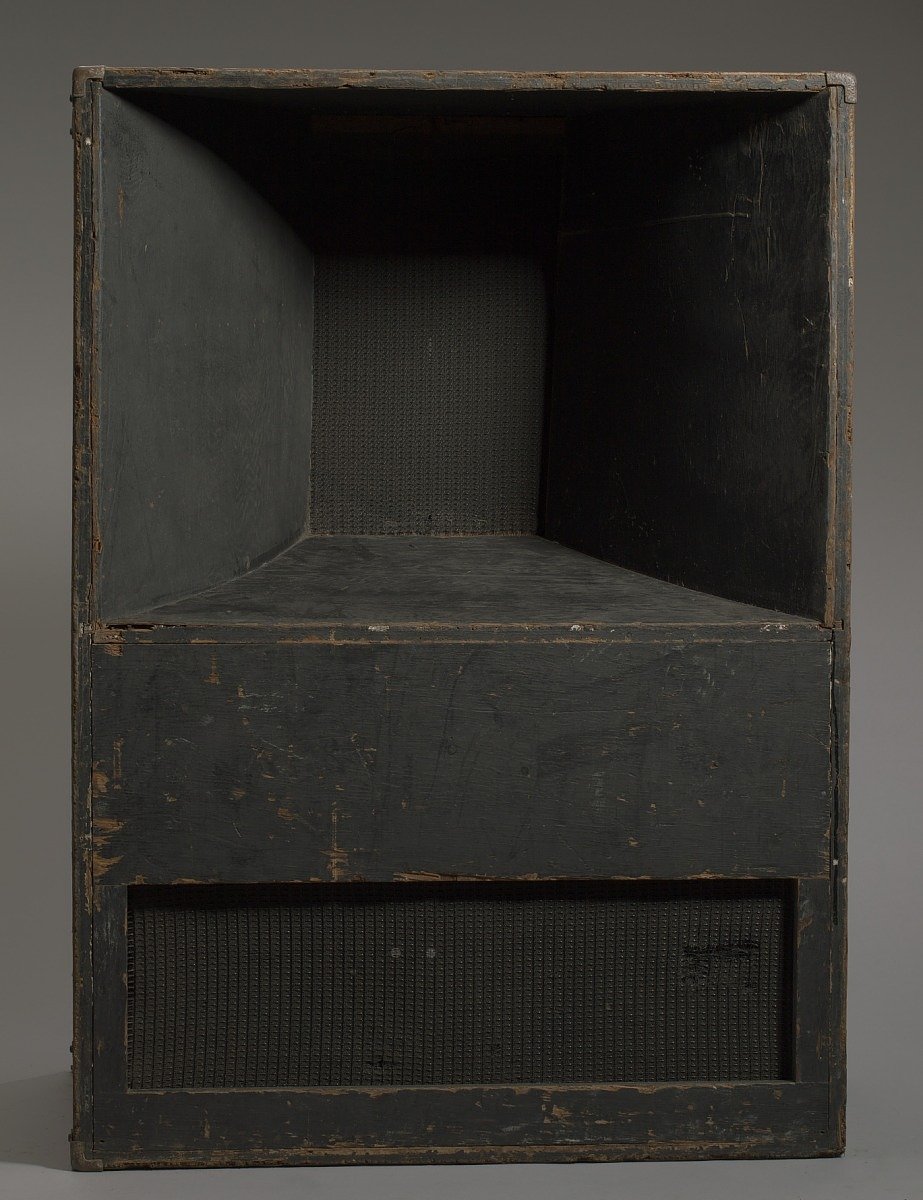I.
The poem is “Do the Backseat Jam!” The seat is in the back of a cop car. The poem starts with ‘stop’ because police are known to stop and frisk Black Americans—without due cause or reasonable suspicion—on a regular basis. It’s a jam because that is one way to describe one of the prevailing conditions of Black life in America. It’s a jam, too, because the poem is written in the manner-of-speech of a DJ on the radio, or a DJ in the club looking to move and liven the crowd. Cops, however, do not speak to liven Black crowds. They speak to stop and harass and frisk and detain and arrest and beat on Black Americans. The poem, it should be noted, is a sonnet, which is a type of constraint specific to poetry. If I would be pressed to answer, I would say that contrary to the prevailing discourse regarding formal constraints in poetry, the commentary that this poem makes is about how not all constraints allow for beauty (as in the imagery in a sonnet), nor do they allow for movement (as in the musicality of the language in a sonnet), nor do they allow for other forms of release (as in the sense of elevation a reader may experience when reading a sonnet). There are some constraints— “stop,” for example—which do not allow for anything other than violence and suffering.
II.
In the poem, Kearney writes “…throw your hands/ in the air when the lights on maestro raise the baton/ and swing till you feel it the beat what’s taking over/ the street to the club when I say you say ow.” What’s particularly compelling about this piece is that that the poet does not simply take the language of the club and mix it with the language of the police state, but that the language of the club—typically thought of as a home-grown, site-specific vernacular of jubilee—is revealed in the poem to also be the language of state-supported anti-Black violence. It is thus a poem of how there is no escape from the conditions of white racism as enforced by police. The poem suggests that Black life in America is to be surveilled; to be always under threat of the law and its enforcers. The poem continues: “this’ll be the sure shot hit sweat through your clothes/ you oughta you gotta you better put your hands/ get ready for the you ain’t ready for you gonna/ listen up just as easy as falling off.”
But also, more profoundly—and expansively—what Kearney seems to point to in this piece is that there’s no such thing as a ‘free’ or unburdened expression of Black life. Even the language that marks the places of Black joy is ultimately the language of white-on-Black oppression. This makes the poem chilling in its effect, and polemical in its larger ethical and political underpinnings: Specifically, does the poem suggest that there is no safe space—however small— for Black invention, creativity, release and pleasure in America? The poem closes as follows: “…a countdown/ three do it till it’s done to the two the ones in blue/ show em what you said to do to zeroes in brown/ to the back to the back now you right in the jam!”
III.
The poem, however, does open a thrilling possibility as it pertains to the poetic craft and its handling of Black life and its attendant constraints. In Kearney’s text, neither the precarity of Black life nor the tragedy of Black death is presented as spectacle. In working solely at the level of language, the poet can work on the issue of anti-Black violence and oppression, without mining the archives of lives brutalized by the state. There is deep ethical effect in this. Not turning to the well-known names of African American victims guarantees that the poem’s handling of the event will not make of their life and death a mere rhetorical device in the service of poetry. Of course, this does not imply that the poems that do turn to individual people stories are guilty of this. But perhaps what Kearney demonstrates in this poem is that for the message to be felt, there is no need to turn to the personal. The poem can stay at the level of the language, of discourse. “Do the backseat jam!,” in enacting the language of the club, turns to a social context in which language is felt: You don’t so much listen to a DJ as you respond to him in your motion. Like a police stop, where you don’t so much listen to an officer as do your best to react to the situation as it unfolds. The poem is not looking to convince. The poems acts as if it already knows. And puts the pressure on the reader to catch on. And quick.
